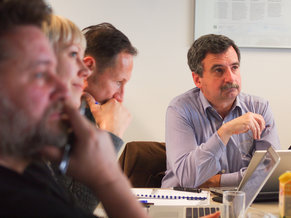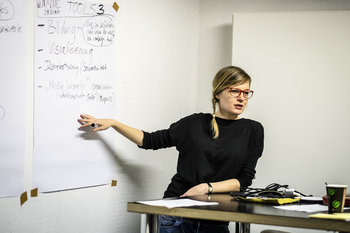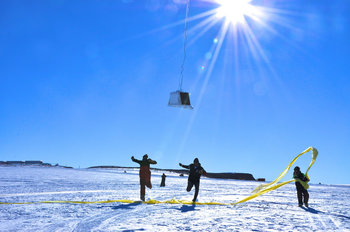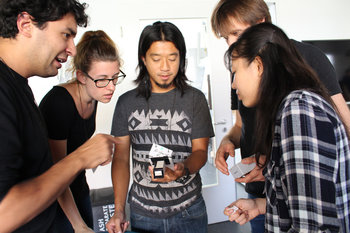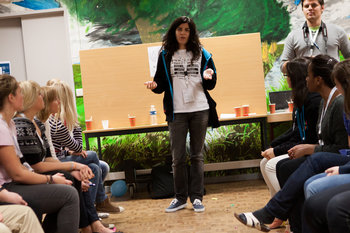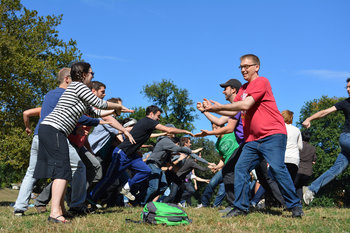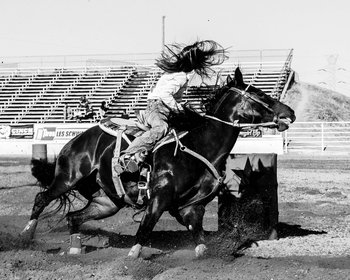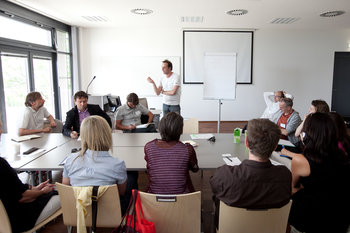
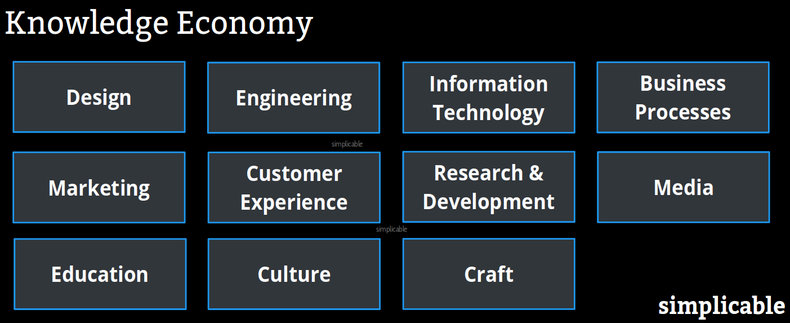
Design
Creating new products, services, environments and experiences. For example, the design of a themed restaurant interior.Engineering
A branch of design that requires extensive knowledge of math and science such as the design of a new type of high speed train.Information Technology
Creating and operating systems that automate things and applications that people use. For example, a software developer who creates tools for organizing and exploring data.Business Processes
Analysis and improvement of business processes. For example, a manufacturing manager who uses management accounting to discover improvements to efficiency and quality on a production line.Marketing
Marketing including promotion, product development, distribution and sales. For example, a creative individual who designs advertisements to engage and inspire customers.Customer Experience
Developing and delivering customer experience such as a hotel manager who is continually improving customer service.Research & Development
Intensive processes of discovering new knowledge or developing new value such as a startup that invents a new business model.Media
The development of information and entertainment such as movies, videos, books, newspapers, magazines, blogs and games.Education
The knowledge economy is based on an educated workforce whereby learning is viewed as a lifelong process. This represents a shift in education from systems that encourage memorization and conformity to education based on discovery, problem solving and design.Culture
Culture related industries in areas such as art, performance art, architecture, history and cuisine. For example, an expert in the history of an area who is involved in developing the region's tourism industry. Culture is a vibrant area of the knowledge economy because there is little interest in automating human pursuits such as art and fine cuisine.Craft
Products and services based on the skill of an artisan. This is a common way to compete with a larger, highly automated competitor. For example, a farmer who produces an artisanal crop recognized for its superior quality doesn't directly compete with commodity producers.Notes
It is a common myth that the knowledge economy is confined to developing new intellectual property such as patents. Generally speaking, any profession that produces new knowledge can be viewed as part of the knowledge economy.| Overview: Knowledge Economy | ||
Type | ||
Definition (1) | The creation of value using human intelligence. | |
Definition (2) | An economic shift whereby value is mostly created by mental processes as opposed to manual processes. | |
Related Concepts | ||



